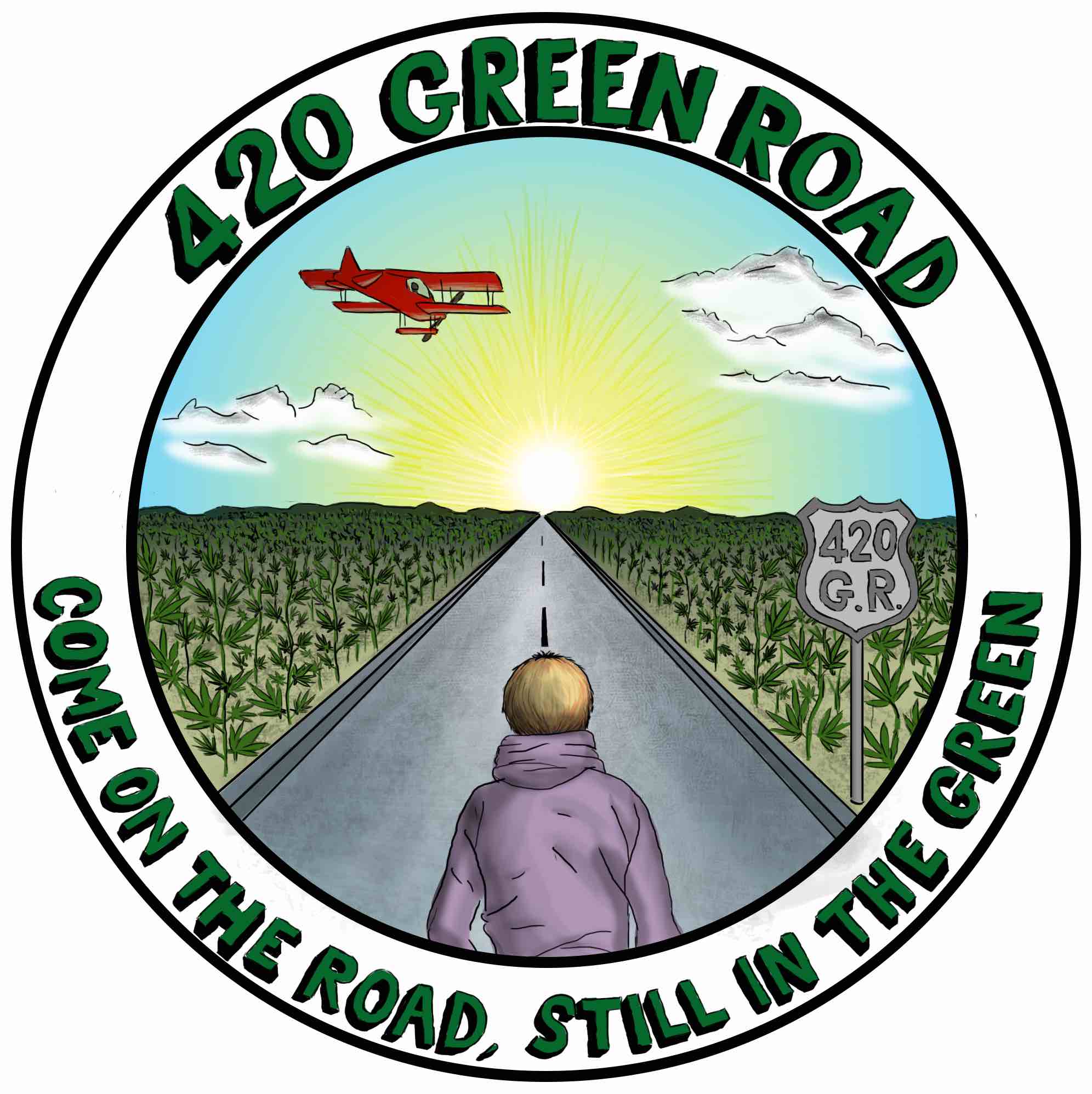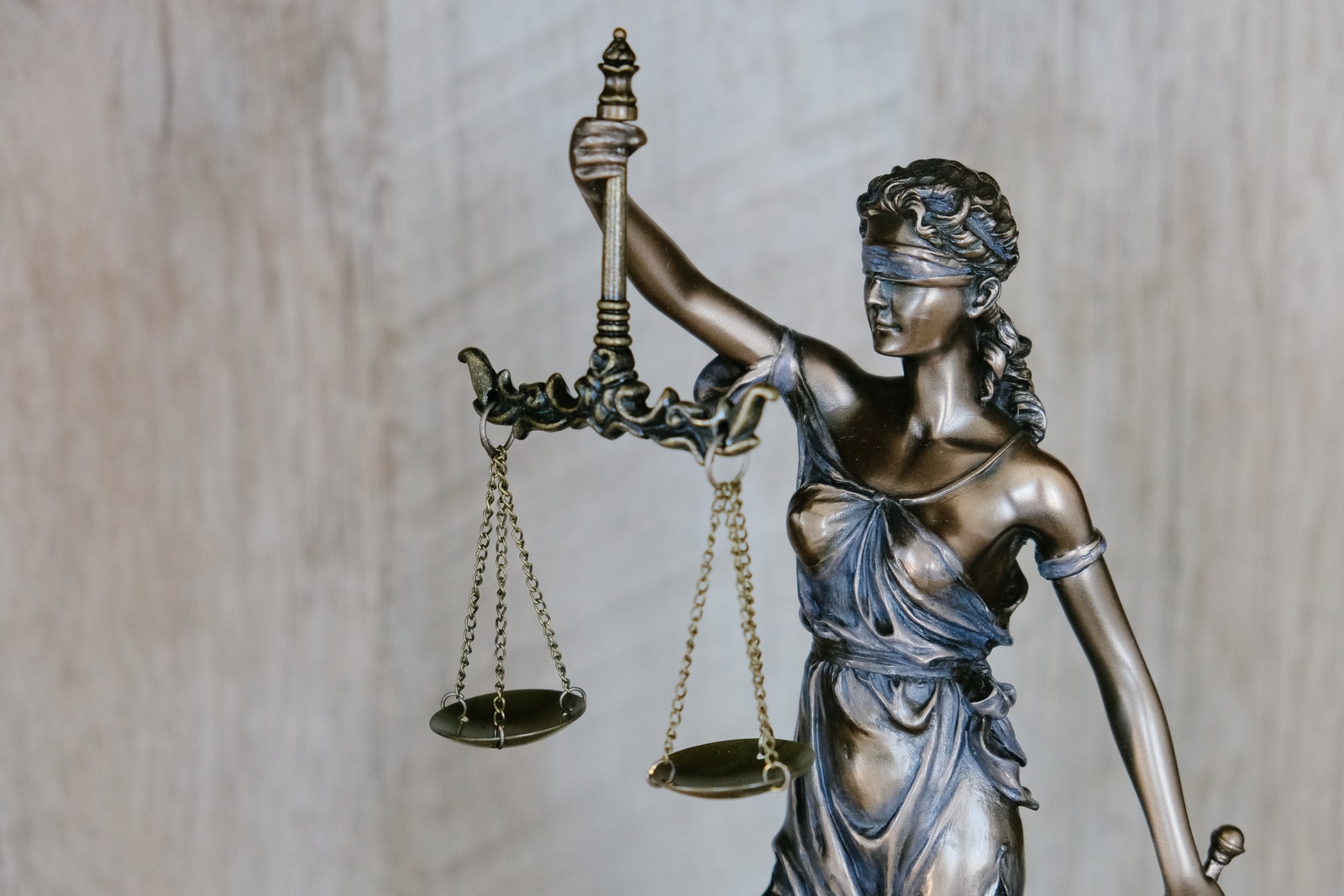In France, cannabis is considered a narcotic, and its sale and use are therefore prohibited throughout the country. CBD legislation specifically targets species with a THC content of over 0.2%. CBD and its derivatives sold on the market are derived from Cannabis sativasubsp.sativa, which perfectly meets these criteria, but is not covered by the law. Clearly, its consumption and sale are not prohibited, but neither are they authorized... Debates are tending in favor of legalizing CBD in France. In November 2020, the Court of Justice of the European Union ruled that a ban on its marketing was illegal, stressing that this molecule had"no psychotropic effects and no harmful effects on human health".1
In the same month, the UN officially recognized the usefulness of cannabis for medical purposes. This announcement breaks certain taboos and recognizes the therapeutic virtues of cannabinoids.
CBD use and legislation in Europe
What about our neighbors? Most members of the European Union have adopted more or less clear-cut regulations concerning CBD. Our German, Portuguese and Spanish neighbors have similar legislation, with the THC content of hemp plants limited to 0.2%. In Italy, the limit is 0.5%, and in Switzerland 1%.
The use of therapeutic CBD is also gaining ground everywhere. Germany has recognized it as a serious alternative to drugs since 2007. In contrast, the UK only allows it to be sold as a dietary supplement. The law is quite similar to that of our British friends in France, where CBD cannot be considered a medicine.
Since 2019, Belgium has authorized pharmacists to sell CBD- and THC-based preparations on prescription only. A total of 17 European countries prescribe Sativex, a mouth spray containing THC and CBD, which is used to relieve multiple sclerosis patients.
Contrary to popular belief, the recreational use of cannabis in Holland is tolerated in the private sphere and highly regulated in coffee shops, but is not considered legal. In fact, mayors have the option of banning the sale and consumption of cannabis altogether, if they so wish. The same applies to CBD, the extraction of which is considered illegal.
As in France, however, it benefits from a legal loophole. Hemp grown in the Netherlands can be exported to another country for extraction (it is permitted to grow so-called industrial hemp with a THC content of less than 0.2%, but not to extract CBD), and the products obtained can be legally sold there, provided only that THC levels are below 0.05%! While the Netherlands is certainly much more tolerant of cannabinoid consumption, the law is no less complex and contradictory.
Is South America at the forefront of cannabinoid use?
The very first country in the world to authorize the production, sale and consumption of cannabis for recreational use was Uruguay in 2013.
Subsequently, Argentina, Chile, Colombia, Mexico and Peru followed suit and gradually authorized the use of cannabis (for therapeutic purposes only). However, the use of CBD remains unclear in South America: only Uruguay and Jamaica explicitly authorize it by law. Contrary to popular belief, Bob Marley's country was not a forerunner in this field, banning cannabis as early as 1913 and decriminalizing it only in 2015.
Is the grass greener in the USA?
While federal law in the United States of America clearly prohibits the cultivation, sale and consumption of cannabis, thirteen states now distinguish themselves by authorizing it for medical and/or recreational use. On December 20, 2018, the US government federally legalized low-THC cannabis (less than 0.3%), marking a real turning point for the CBD market. This official announcement quickly translated into exponential growth in the production and consumption of CBD-based products.
Further north, the Canadians are already well ahead of the game. Since 2001, the therapeutic use of marijuana has been authorized throughout the country. It is the second country in the world to legalize recreational cannabis. Canadian citizens are also authorized to grow up to four plants for personal use, and to sell and use CBD in all its forms in authorized shops.
Staying within the Commonwealth, Australia and New Zealand also allow cannabis and CBD (for therapeutic use for the time being).
African and Asian countries still cautious
With the exception of Zimbabwe, Lesotho and South Africa, all countries on the African continent appear to strictly prohibit the sale and consumption of cannabinoids. In Asia, the same is true, although South Korea, Sri Lanka and Thailand now tolerate therapeutic cannabis. CBD, on the other hand, is largely absent from Asian legislation and does not yet seem to have penetrated its markets. However, Malaysia and Thailand are currently in talks to authorize it for medical use.
In conclusion...
As you can see, there are still many restrictions around the world on the use of CBD and THC. Even if trends seem to be moving in the right direction, many countries still confuse these two molecules yet quite distinct. Beyond the legal framework, it's worth remembering that CBD is not a psychotropic drug and, unlike THC, is not considered addictive.
It's also very important to take into account the particularities of each country: if THC is legal, CBD may not yet be. If CBD is authorized, is it for therapeutic or recreational use? Can CBD be carried on one's person, or consumed in a public place? Can we grow hemp for industrial use, and if so, can we sell CBD-based products? What levels of THC and CBD are authorized in consumer products? Etc.
These laws should certainly become more flexible and harmonized in the years to come, but they still require a certain amount of vigilance before traveling.

